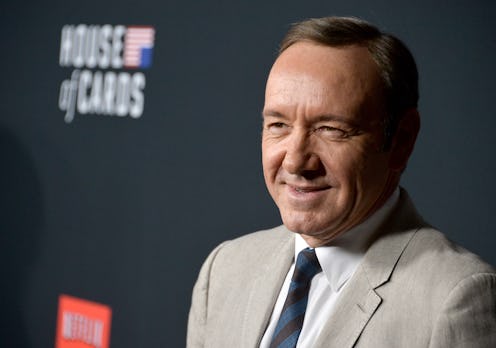Entertainment
This will make binge watching so much easier
Beware the "buffering" wheel no longer, fellow binge-watchers: Netflix has now officially paid Comcast for direct access to its broadband network. Prior to this deal, the movie-streaming site had been reluctant to fork over any fee, slinging accusations of unfair treatment, while Comcast insisted all the while that the site's high video traffic made it a cost liability. Meanwhile, the apparent deadlock forced Netflix to connect through third-party providers, causing users' rates to slow up to an average of 27% this past October. Now, though, thanks to their "mutually beneficial interconnection agreement," both parties can reap the benefits of Netflix's millions of speed-satisfied customers.
Of course, this announcement comes on the heels of another major Comcast deal: the cable giant's proposed $42.5 billion acquisition of Time Warner Cable, which has concerned citizens crying "monopoly?!" from coast to coast. True, the two providers don't really compete in terms of regions serviced (few cable companies do) — but especially when it comes to broadband access, which is where a number of people turn for their TV nowadays, gingerly enforced regulation threatens consequences down the line. Netflix was reluctant to pay for its access at all; with increased vertical integration in the broadband market, and with "network neutrality" still murky at best, who's to say they won't eventually be strongarmed into paying even more?
Whether the Comcast-TWC merger will indeed cause a "seismic shift" in the cable market, as Dish Network's Chairman Charlie Egan put it, remains to be seen — and will likely be determined by how strictly the FCC chooses to crack down. Washington-based public interest group Public Knowledge has already demanded a review of the Netflix-Comcast deal by both the FCC and the Department of Justice, citing the "opacity" of the agreement. Meanwhile, though, we can at least enjoy our House of Cards fix with even less wait time. Because if anyone can personify our frustration with big business, it's Frank Underwood.
Preach, Francis.
